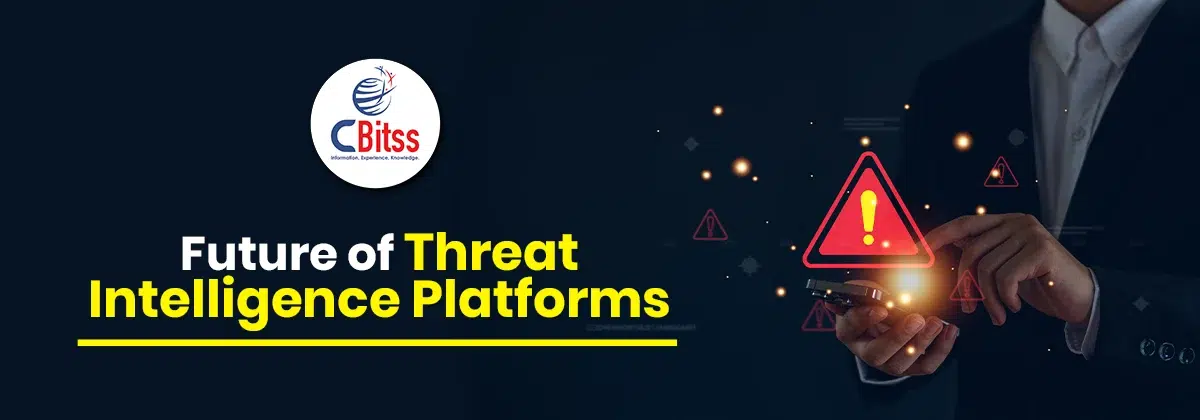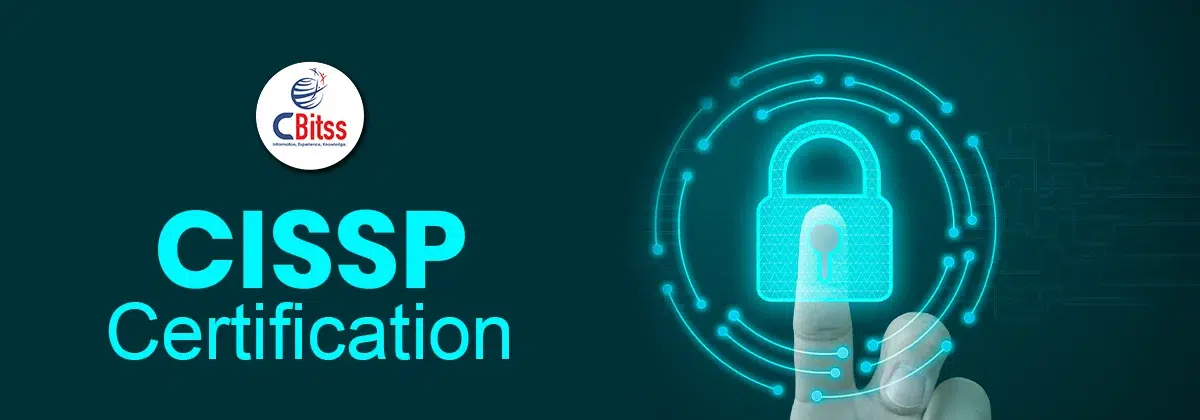Table of Contents
ToggleIntroduction
Python, being simple and versatile, with numerous applications available, has become one of the most commonly used programming languages in recent years. If you want to learn step-by-step, check this guide on how to master Python programming. Python programming mastery creates various possibilities for both those starting and those developing their expertise in new technologies. In the current tutorial blog, we will take you through the main steps on how to master Python programming from scratch to the advanced level, which are fundamental in mastering Python programming.
Getting Started with Python
Let’s look at how to master Python programming with the following steps to get started with Python:
To begin your journey towards mastering Python in a developing environment, it is important to set up your own.
- Start by downloading Python onto your computer. You can get the newest Python version by visiting the official website for downloads and going through the installation guide.
- Once you have Python installed on your computer, you can then write and run any Python code on an integrated development environment (IDE), which can be either PyCharm, VS Code, or Jupyter Notebook, whichever you are comfortable with.
- The main benefits of using these tools include highlighting of syntax in code, auto-completion of code, among other factors that simplify the process of writing or correcting errors in your Python code.
Learning Python Basics
Now that you have set up your development environment, prepare to get into the fundamentals of Python programming. Variables, data types, as well as basic operators are the ones to begin with. Some of the data types supported by Python include integers, floats, strings, lists, and tuples, among others.
After that, make sure you know the control flow statements, including those commonly referred to as if-else, for loops, and while loops. Using such statements, you can direct the way your Python programs execute based on certain situations and analyze data sequences.
Understanding the Definition of coding helps you grasp how Python logic works.
Learn Python from industry professionals and build practical coding skills for real projects.
Functions and Modules
Functions are the basis-to all knowledge in the realm of Python programming – they serve as how you can organize your work and use it again later or share with others who may be interested in what you have done – find out how they work by creating them, giving them parameters/values as well as recuperating their output at some later date.
Immerse yourself further into modules; these are easily accessible text documents that consist of a sequence of commands written in Python language; one can load such files (modules) into other programs written using Python.
Indeed, modules are important because they help you classify or put your work in a systematic order, as well as permitting projects of different kinds to share the same code base. Those wondering which coding course is best? should focus on mastering Python modules early.
Concepts in Python Programming
As you go deeper into Python learning, you will meet more advanced concepts and language issues. You are to consider object-oriented programming a bit in Python itself, which embraces classes, objects, inheritance, encapsulation, and polymorphism. Discover how to utilize object-oriented principles for creating and supporting scalable Python applications.
Delve into other, more advanced subjects like file management, managing errors, and dealing with external libraries. Cover ways of reading and writing files, responding effectively to errors and exceptions, as well as incorporating third-party libraries and frameworks in your Python projects. If your focus is Python for data science, learn libraries like Pandas and NumPy. At this stage, you’ll also realize how Python is used in data analysis is transform industries with tools like Pandas, NumPy, and Matplotlib.
Explore beginner-to-advanced concepts and develop a solid foundation in Python development.
Best Practices and Tips
One can successfully learn tips on mastering Python programming only after absorbing best practices and conventions for coding in general.
- Therefore, for one to truly master the skill, they have to write clean, readable, and well-documented code, always following PEP8 style guidelines, which is nothing but Python’s stylistic guide.
- Make sure you use meaningful variables and function names that are short but self-explanatory.
- Adhere to already established programming rules or patterns detected from previous projects done by others- especially if they have been in existence during some period longer than yours—when working on software projects.
- A good Web designing course explained can also improve your design thinking for Python front-end projects.
- In order to find and correct any errors within your code, it is important that you practice different debugging methods conscientiously. You should employ various debuggers and debugging tools, for example print printouts, logging for troubleshooting, in order to make it run faster and more reliably.
These techniques collectively reflect how Python outlines the merit of programming language not only through its syntax but also through its adaptable development practices. Learning Illustrator role graphic design also helps if you combine Python with creative projects.
Conclusion

J. Julia Kamei is a professional content writer with 4+ years’ experience creating impactful content for clients in the USA, India, Canada, the UK, and Europe. An M.A. History graduate, she specializes in immigration, business, IT, digital marketing, AI, and Data Science. She also mentors students for international education and research.







